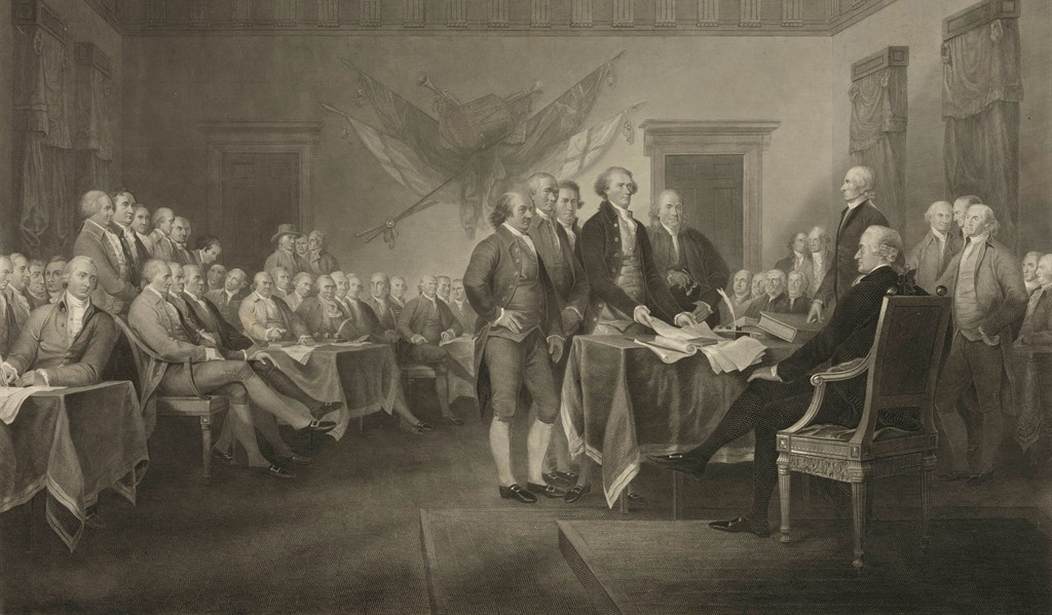Some depressing news showed up this week in the latest polling from Pew Research. As they’ve been doing since 2000, when George W. Bush won the presidency without winning the popular vote, Pew asked voters if they would prefer to keep the electoral college system in place or move to a popular vote model. And by the widest margin recorded in 23 years, a significant majority said they would like to do away with the Electoral College. And it really wasn’t even close, with the popular vote supporters leading by almost a two-to-one margin. Of course, if a larger number of schools still taught civics in high school, more of these respondents would probably realize you can’t make something like this happen just by wishing it were so.
The Electoral College has played an outsize role in some recent U.S. elections. And a majority of Americans would welcome a change to the way presidents are elected, according to a new Pew Research Center survey.
Nearly two-thirds of U.S. adults (65%) say the way the president is elected should be changed so that the winner of the popular vote nationwide wins the presidency. A third favor keeping the current Electoral College system.
Public opinion on this question is essentially unchanged from last year, though Americans’ support for using the popular vote to decide the presidency remains higher than it was a few years ago.
The party-line breakdown of the poll results shows that the feeling isn’t as homogenous across the country as the topline numbers might have you believe. Democrats were far more in favor of using the popular vote to determine the presidency by an 82-18 margin. Republicans preferred to keep the Electoral College, but only barely, displaying a 52-47 split. Still, that’s nearly half of the Republican respondents, which is also depressing.
As alluded to above, this still isn’t something that most of you will need to worry about in your lifetimes, assuming the republic actually survives the Biden presidency. No executive order or even congressional vote could make this change. You would need to amend the Constitution to do that, and that’s a daunting task in the modern era. There hasn’t been a significant amendment passed since the early seventies except for one in 1991 that placed limits on congressional pay raises.
Even if this could be managed, it would represent a fundamental change in the identity of the country as established by the Founders. (Not that such a thing seems to bother the Democrats anymore.) They built a nation comprised of an alliance of largely independent states that might choose very different rules and policies at times. They didn’t want the largest states controlling all of the power in perpetuity. They knew quite well that presidential elections would not automatically be won by the person with the largest share of the popular vote. This wasn’t a bug… it was a feature.
A quick look at the numbers above tells you all you need to know about why the Democrats are wishing for a change like this. They control some of the largest states with the greatest populations. (At least for now, until we see how widespread the exodus is.) They are unhappy that they have twice lost the presidency in this fashion and they now fear it may happen again, probably with good reason.
What’s harder to figure out is why nearly half of the Republican respondents agreed. Not that long ago, in 2016, barely one-quarter of Republicans and right-leaners preferred a popular vote model. What changed? The number almost doubled. That couldn’t have been caused by never-Trumpers, right? Even after Trump finished his first term the number had only risen from 27 to 33. The rest of the climb from 33 to 47 all took place in just the past three years.
My crystal ball is in the repair shop, so I can’t offer an answer to you on that score. But it’s still depressing, at least to me, that so many people seem to be willing to throw out the constitutional baby with the bathwater.







Join the conversation as a VIP Member